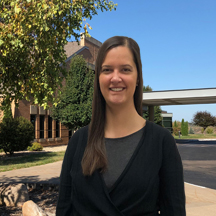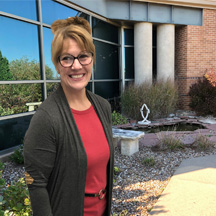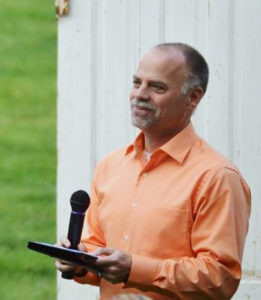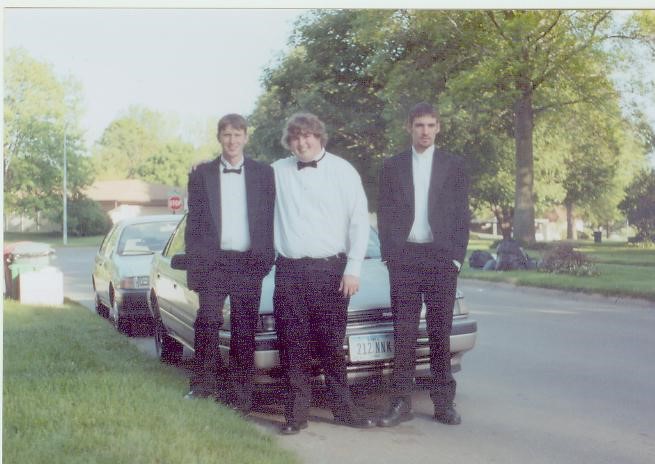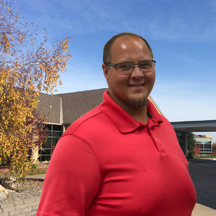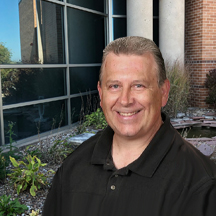Let Go and Let God
Do you often find yourself holding onto something that happened in the past? Whether it is betrayal, pain, trauma, or even a mistake someone made, we have all experienced offense in one way or another. Often times those memories linger at the back of our minds, causing us to ruminate over them. I have been told many times by close friends that I am ‘too trusting’. Given my personality and the way I am wired, I like to give people the benefit of the doubt until my trust is broken. I think it is fair to say that we learn the hard way at times. Offense can lead to bitterness, envy, malicious thoughts, anger, and vengeance. These are not characters of the Holy Spirit. Instead, the Bible reminds us in Colossians 3:13 to “bear with one another and forgive one another.” The Lord’s Prayer says to “forgive our debts as we forgive our debtors.” This is not to condone what the offenders did, but instead choose to release the offense from your heart. By doing so you begin to feel a peace that surpasses all understanding. This year God has been inviting me to guard my heart and restrict access. “Above all, guard your heart, for everything you do flows from it” (Proverbs 4:23).
Here are some ways to ‘Let go and let God’:
- Remember that hurt people hurt people. We are all broken people in need of God’s mercy and grace.
- Set healthy boundaries. By doing so, you honor yourself.
- Be in community; there is power in sharing your story. “We overcome by the blood of the lamb, and the words of our testimony” (Revelation 12:11).
- Surrender the offense to God, and allow Him to heal your wounds.
- Pray for your offender. “Get rid of all bitterness, rage and anger, brawling and slander, along with every form of malice” (Ephesians 4:31).
Frankline “Franky” Tshombe
Children’s Church Leader





 For six months we cared for two toddlers through the Safe Family program. We were asked to adopt them a few months into caring for them and we agreed. Several months after agreeing to adopt them, their father decided he wanted to have some custody of the girls. So, the girls were ripped from our home and put back into the care of their mother, who had asked us to adopt them. After all this, their father has seen them four days out of the last month and a half.
For six months we cared for two toddlers through the Safe Family program. We were asked to adopt them a few months into caring for them and we agreed. Several months after agreeing to adopt them, their father decided he wanted to have some custody of the girls. So, the girls were ripped from our home and put back into the care of their mother, who had asked us to adopt them. After all this, their father has seen them four days out of the last month and a half.